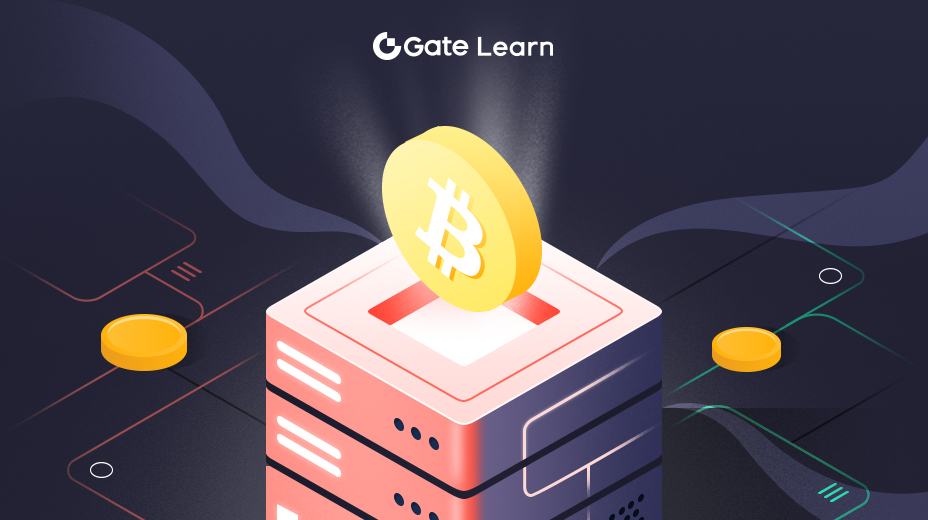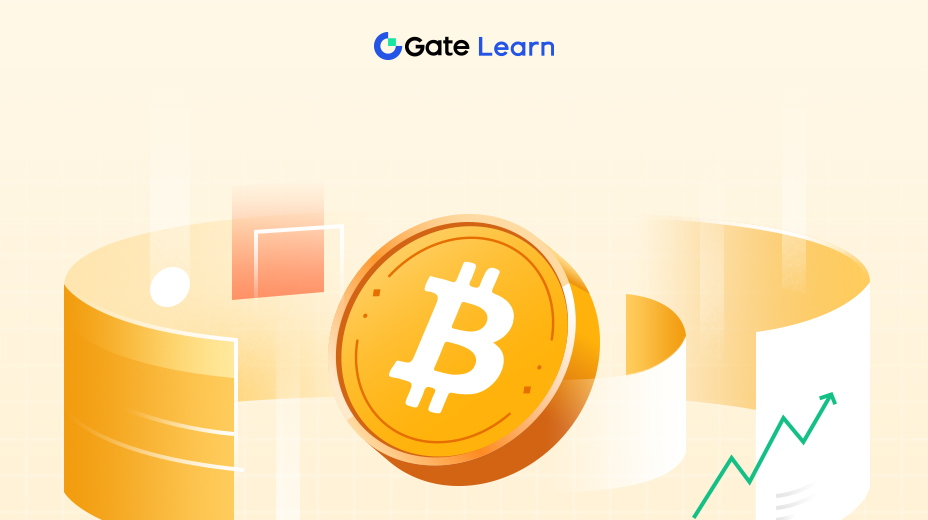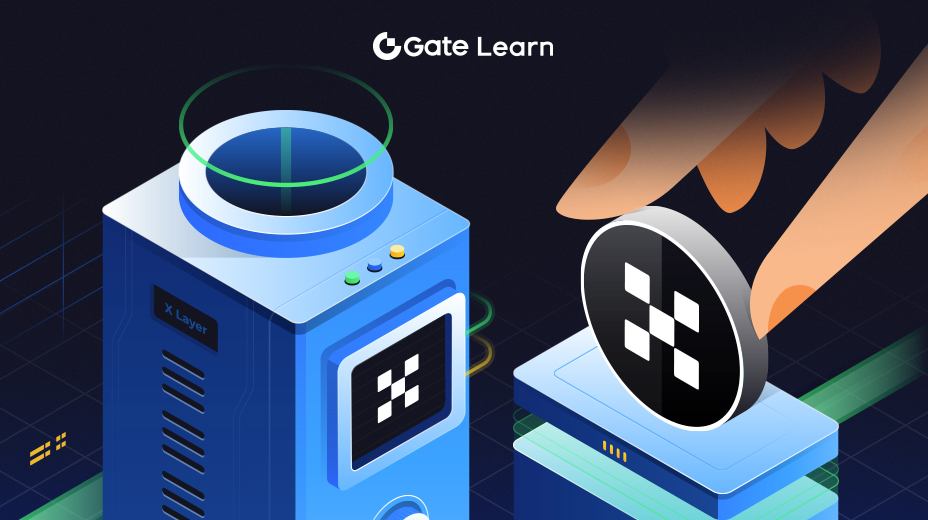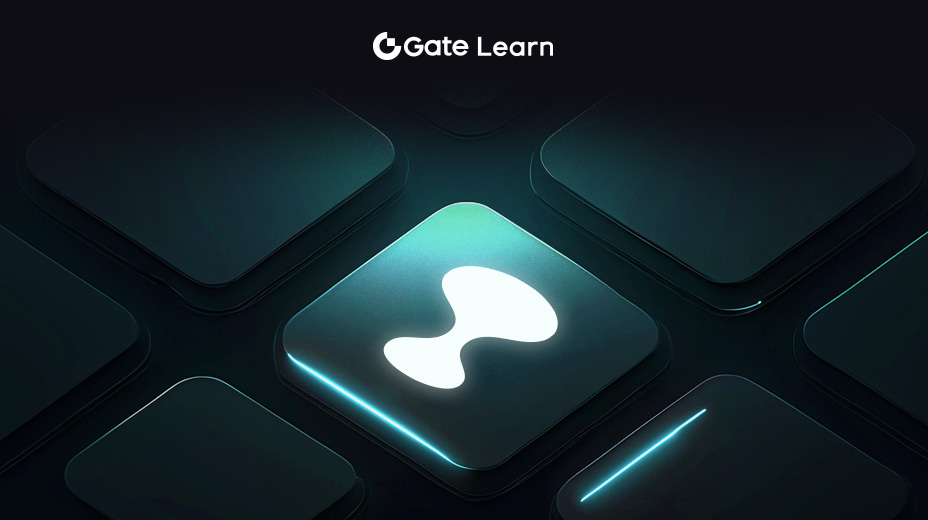Governance Sustainability and Ecosystem Development
This module examines the governance framework, sustainability initiatives, and ecosystem development efforts within the Cronos blockchain. It covers decision-making processes, community involvement, energy efficiency strategies, and support mechanisms for developers.
Governance Framework
Cronos operates as a decentralized, open-source blockchain, allowing stakeholders to participate in governance. The governance module enables on-chain proposals, where stakeholders can submit, discuss, and vote on changes affecting the network. This process ensures that decisions are made collectively, reflecting the community’s interests.
Community members are important in protocol upgrades by engaging in discussions and voting on proposals. A minimum deposit of 10,000 CRO tokens is required to initiate the voting process, encouraging serious and well-considered proposals. This participatory approach fosters transparency and inclusivity in the network’s evolution.
Sustainability Initiatives
Cronos is built on the Cosmos SDK and uses the Tendermint Core consensus engine, which employs a Proof-of-Stake (PoS) mechanism. This design enhances scalability and reduces energy consumption compared to Proof-of-Work systems. The PoS consensus requires validators to stake tokens, aligning their incentives with network security and efficiency.
In June 2024, Cronos partnered with Exaion, a subsidiary of Europe’s leading electricity provider EDF, to enhance the environmental sustainability of its blockchain operations. This collaboration aims to improve operational efficiency and highlights Cronos’s commitment to reducing its environmental footprint.
Ecosystem Support and Development
Cronos Labs: Mission and Initiatives to Support Developers
Cronos Labs is dedicated to fostering innovation within the blockchain ecosystem by providing resources and support to developers. It offers programs such as hackathons, accelerator initiatives, and ecosystem grants to encourage the development of decentralized applications (dApps) on the Cronos platform.
Overview of the $100M EVM Fund and Its Impact on the Ecosystem
To stimulate growth, Cronos established a $100 million fund to support projects building on its Ethereum Virtual Machine (EVM)-compatible chain. This fund provides financial assistance to startups and developers, facilitating the expansion of DeFi, NFT, and gaming applications within the Cronos ecosystem.
Grants and Accelerator Programs
Cronos offers ecosystem grants and accelerator programs to support innovative projects. Eligibility criteria include alignment with Cronos’s mission, potential for ecosystem impact, and technical feasibility. Applicants undergo a review process, and selected projects receive funding, mentorship, and access to Cronos’s network of partners.
Highlights
- Cronos employs a decentralized governance model, enabling stakeholder participation in decision-making processes.
- The network uses energy-efficient Proof-of-Stake consensus and engages in partnerships to enhance environmental sustainability.
- Cronos Labs supports developers through funding, mentorship, and resources, fostering innovation within the ecosystem.
- The $100 million EVM fund and accelerator programs have significantly contributed to the growth of DeFi, NFT, and gaming applications on Cronos.





